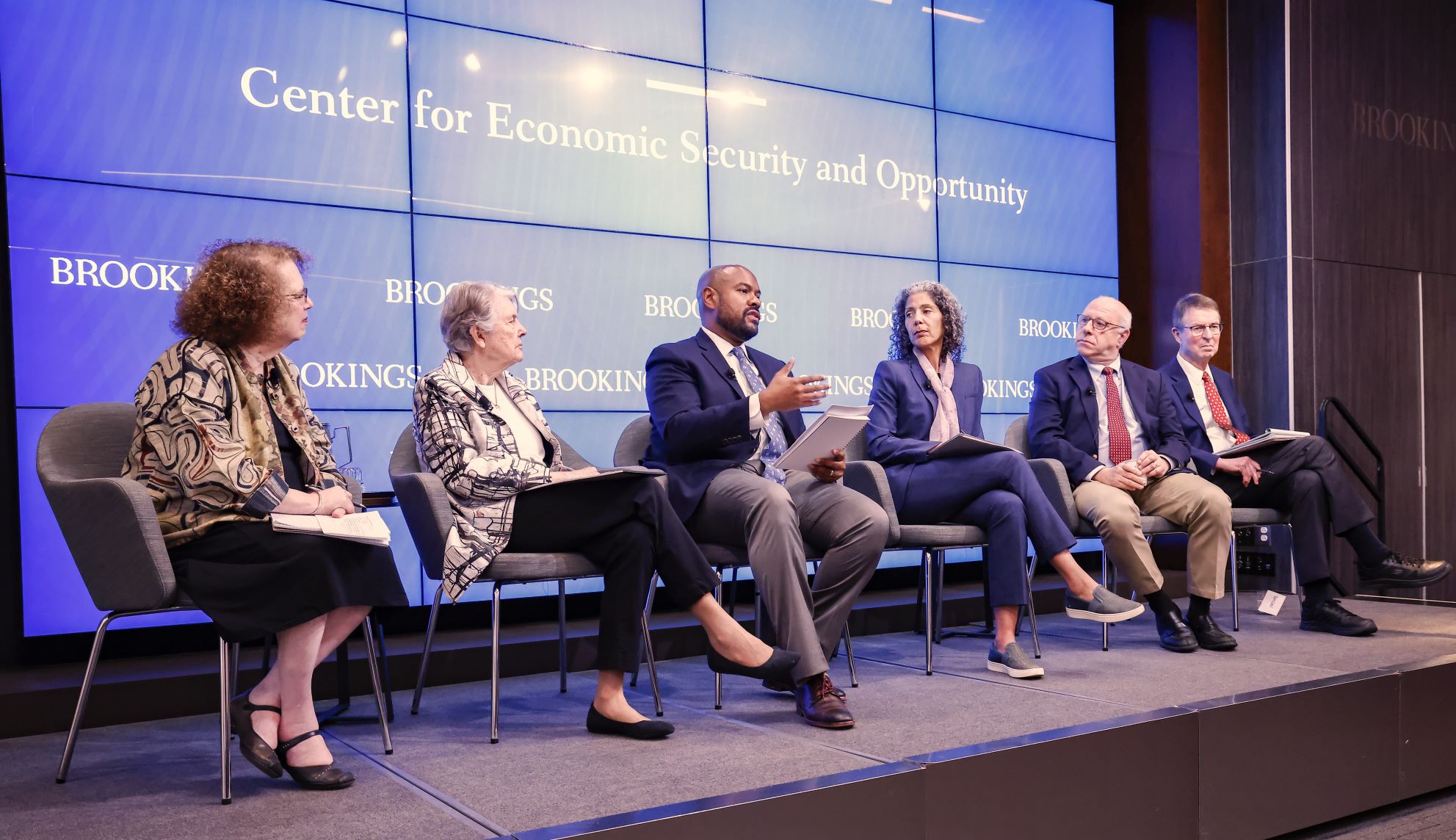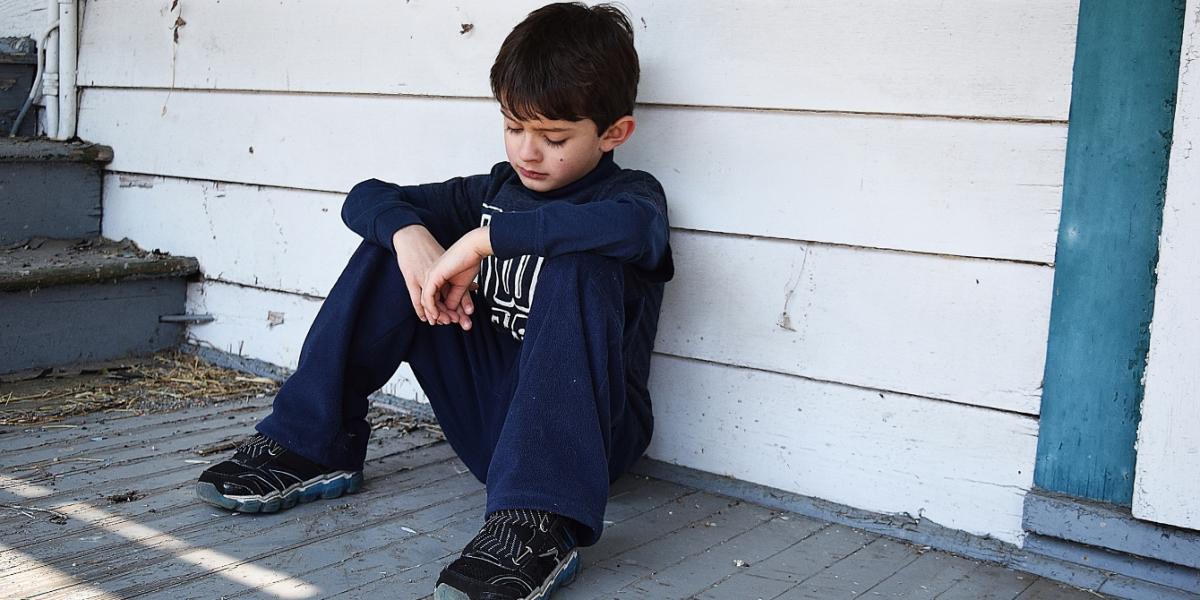









Recent research from Northwestern University has shed light on the complex relationship between parental beliefs about the American dream and economic inequality. The study, led by David Silverman and Mesmin Destin, involved over 2,500 parents and revealed that those from privileged backgrounds who believe in economic upward mobility are more likely to engage in resource hoarding behaviors. This tendency exacerbates existing inequalities, as affluent parents who perceive upward mobility as a threat are 17% more likely to accept resource hoarding practices. The findings were published on September 4, 2024, in the Proceedings of the National Academy of Sciences. [2d542c42]
This research aligns with previous studies indicating that neighborhoods significantly influence children's future income and mobility in the United States. Economists from Brown University, Harvard University, and the U.S. Census Bureau have shown that neighborhood factors, such as quality of schools and access to job opportunities, play a crucial role in shaping economic prospects. Children raised in disadvantaged neighborhoods face greater challenges compared to those in affluent areas, highlighting the need for targeted policies to address these disparities. [25e82992]
Education remains a vital factor in determining economic outcomes. Access to quality educational resources can significantly impact a child's future income, and disparities in educational opportunities contribute to unequal economic prospects. Investing in education and ensuring equal access to quality schools is essential for leveling the playing field. [25e82992]
Moreover, the importance of stable housing has been emphasized in recent studies. A report from Yahoo Movies highlights that 11.6 million children in the U.S. live in poverty, with 2.5 million experiencing homelessness each year. The study argues that stable housing is crucial for breaking the generational cycle of poverty, as children in stable environments are more likely to graduate from high school and earn higher incomes. [f2eddd6d]
Progressive Democrats advocate for investing in early childhood education and care as a means to break the link between background and opportunity. Policies such as universal paid family leave and affordable childcare can positively impact children and families. However, some conservatives express concerns about the costs associated with these initiatives. [8c4f0206]
Additionally, a study published in the Journal of Personality and Social Psychology found that children who set ambitious goals regarding their education and future success are more likely to achieve those goals as adults. This underscores the importance of fostering a growth mindset in children from an early age. [e7ef8f57]
Research from Simon Jäger and Natalie Obergruber highlights the long-term effects of equal inheritance rules for land in Germany, suggesting that equitable land distribution fosters innovation and entrepreneurship. This finding adds to the growing body of evidence that economic policies and structures significantly impact long-term economic trajectories. [029255a5]
In France, a study examining intergenerational income mobility found that children from low-income families face significant barriers to upward mobility, similar to trends observed in the U.S. The findings call for more systematic international comparisons of intergenerational mobility to better understand the dynamics at play. [6e42991c]
At a recent briefing by the Center for Economic Security and Opportunity at Brookings, experts discussed the findings of a report on reducing intergenerational poverty. The report emphasized the need for increased spending in the poorest districts and effective post-secondary financial assistance to improve educational outcomes. [496f4a15]
Child poverty remains a pressing issue, costing the U.S. economy approximately $1 trillion annually. The national child poverty rate stands at 16.3% as of 2022, with childhood poverty linked to increased engagement with law enforcement and the child welfare system. Initiatives like child tax credits and guaranteed income programs are being debated for their potential to alleviate poverty. [34eddc63]
In conclusion, the interplay between parental beliefs, neighborhood factors, education, and housing stability plays a critical role in shaping economic mobility and opportunity in America. Addressing these issues through targeted policies and investments is essential for breaking the cycle of poverty and fostering a more equitable society. [501e587f]